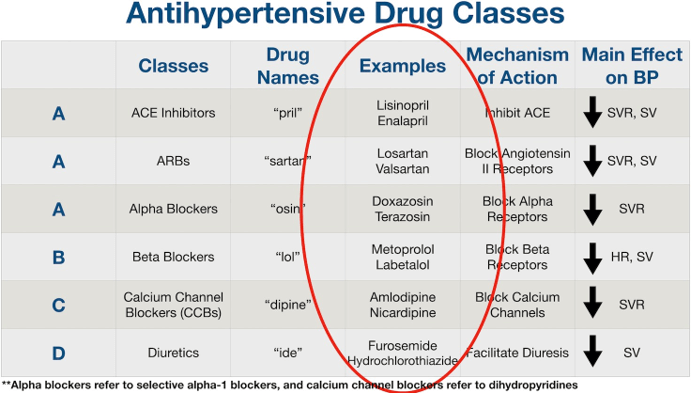A client tells the practical nurse (PN) that she has a family history of cancer and has increased the amount of dairy products in her diet to reduce her risk of getting cancer. How should the PN respond?
Encourage the client to get plenty of exercise as well as the dietary change.
Remind the client to make sure the dairy products are fortified with Vitamin D.
Suggest that an increase in fruits and vegetables is more beneficial.
Provide written information about the seven warning signs of cancer.
The Correct Answer is C
The correct answer is Choice C:
Suggest that an increase in fruits and vegetables is more beneficial.
Choice C rationale:
While dairy products do provide essential nutrients like calcium and vitamin D, there is no strong evidence to suggest that increasing dairy intake alone will significantly reduce the risk of cancer. On the other hand, fruits and vegetables are known to be rich in antioxidants and phytochemicals that have been associated with a reduced risk of cancer. Therefore, suggesting an increase in fruits and vegetables is a more evidence-based approach to reducing cancer risk.
Choice A rationale:
Encouraging exercise is a good recommendation for overall health, but it does not directly address the client's concern about reducing cancer risk. Focusing on a balanced diet, including plenty of fruits and vegetables, is more relevant to the client's specific concern.
Choice B rationale:
Reminding the client about Vitamin D-fortified dairy products may be helpful for addressing Vitamin D intake, but it doesn't necessarily address the broader concern of reducing cancer risk. Moreover, the link between dairy and cancer risk reduction is not as well-established as the benefits of fruits and vegetables.
Choice D rationale:
Providing information about cancer warning signs is important for cancer awareness but doesn't address the client's current dietary choices and concerns about cancer prevention. The focus should be on evidence-based dietary recommendations to reduce cancer risk.
Nursing Test Bank
Naxlex Comprehensive Predictor Exams
Related Questions
Correct Answer is D
Explanation
This is the factor that the PN should consider the most likely to increase the client's risk for falls because it can cause orthostatic hypotension, dizziness, or fainting, especially when the client changes position or gets up from bed or a chair. The PN should monitor the client's blood pressure and pulse before and after administering the medication and assist the client with ambulation and transfers.

Correct Answer is C
Explanation
Choice A rationale:
Urinary output is not directly related to stomatitis, which is inflammation of the mouth and throat. While monitoring urinary output is important in many situations, it is not relevant in this case.
Choice B rationale:
Blood pressure while standing is not directly related to stomatitis either. This assessment is more relevant for conditions such as orthostatic hypotension, which can cause a drop in blood pressure upon standing.
Choice C rationale:
Ability to swallow is crucial in the context of stomatitis. Stomatitis can cause painful sores in the mouth, making it difficult for the client to eat or drink. Assessing the client's ability to swallow will help determine the impact of stomatitis on their nutritional intake and overall well-being.
Choice D rationale:
Frequency of bowel movements is unrelated to stomatitis. This assessment is more relevant for gastrointestinal issues or constipation, not for a condition affecting the mouth and throat.
Whether you are a student looking to ace your exams or a practicing nurse seeking to enhance your expertise , our nursing education contents will empower you with the confidence and competence to make a difference in the lives of patients and become a respected leader in the healthcare field.
Visit Naxlex, invest in your future and unlock endless possibilities with our unparalleled nursing education contents today
Report Wrong Answer on the Current Question
Do you disagree with the answer? If yes, what is your expected answer? Explain.
Kindly be descriptive with the issue you are facing.
